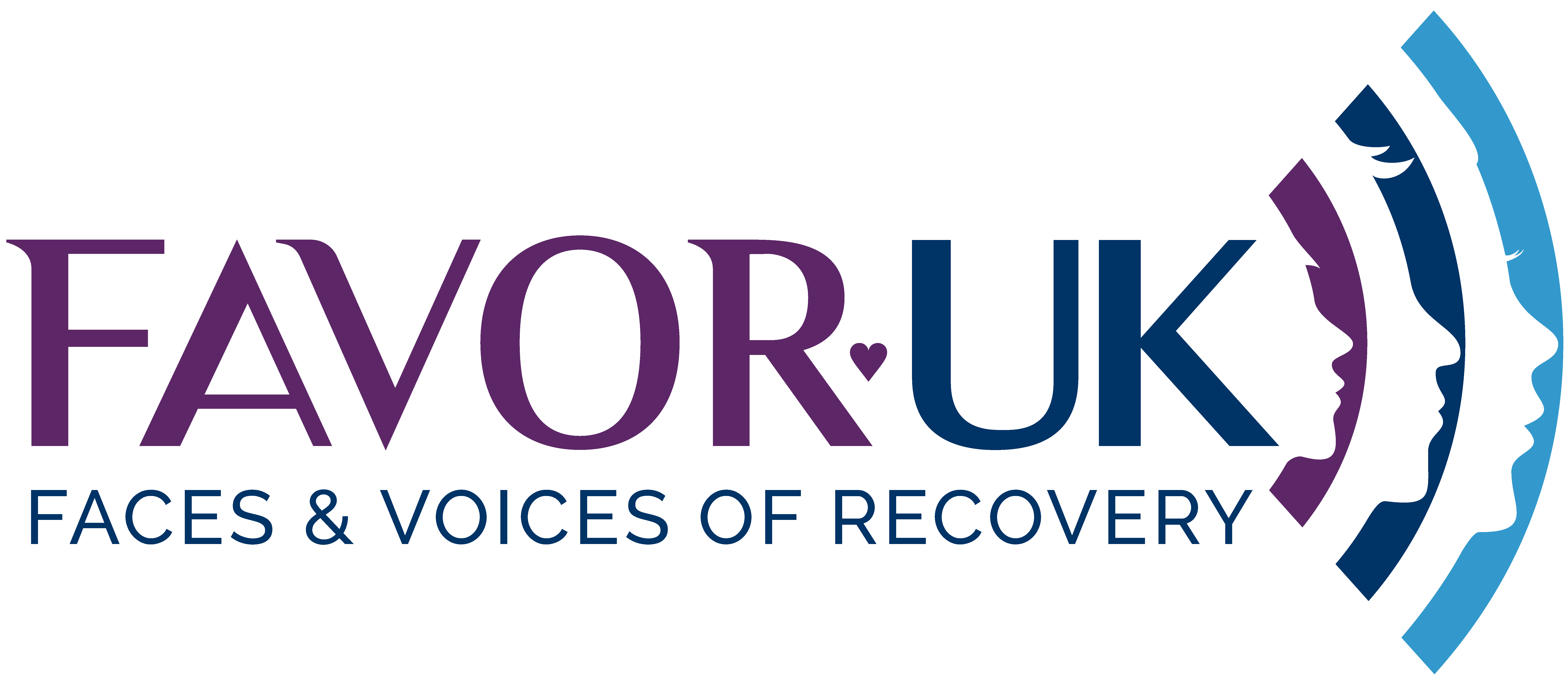In the wake of recent budget cuts, concerns have arisen about the potential impact on critical addiction services in Scotland. These concerns are amplified by the proposed allocation of 2.3 million pounds towards establishing Drug Consumption Rooms (DCRs) aimed at addressing drug-related challenges.
While DCRs are intended to address harm reduction, there is a growing unease that these budget cuts may divert essential resources away from services that are fundamental to the recovery of individuals grappling with addiction.
We stand by the following principles and objectives:
Balanced Allocation of Resources: We emphasise the importance of carefully weighing the allocation of funds, ensuring a balanced approach that caters to both harm reduction initiatives like DCRs and comprehensive recovery services. Striking this balance is vital to effectively tackle the complex challenges of addiction. Glasgow currently has a 50 million pound treatment budget, only 0.5 million of that budget is being spent on rehab & helping people get free from addiction.
Preservation of Treatment Rights: Irrespective of the establishment of DCRs, we firmly believe that individuals struggling with addiction must maintain their right to access comprehensive treatment options. These options should encompass prescription programs, detoxification, and rehabilitation services, providing accessible recovery pathways for those in need.
We have wrote extensively about DCRs in Scotland here.
Timely Access to Treatment: DCRs should be designed and operated in a manner that guarantees swift access to treatment for individuals expressing the need for assistance. This includes streamlining the transition from a consumption room to treatment facilities, eliminating delays in accessing crucial support. Currently Scotland does not have this access.
Ethical Foundation: Upholding the ethical underpinnings of DCRs is non-negotiable. These initiatives should not only prioritise harm reduction but also prioritise the well-being and recovery of individuals facing substance use disorders.
The Urgency of the Right to Recovery Bill:
We stress the urgency of passing the Right to Recovery Bill for the following reasons:
Comprehensive Approach: The Bill presents a comprehensive framework that recognises the need for harm reduction through initiatives like DCRs while simultaneously prioritising the provision of robust addiction recovery services. This approach acknowledges and addresses the diverse needs of individuals confronting addiction.
Legal Safeguards: Enacting the Right to Recovery Bill provides a crucial legal foundation to safeguard the rights of individuals to access treatment. This legislation guards against any erosion of these rights due to budgetary constraints or shifting political or other priorities.
Long-Term Impact: The Right to Recovery Bill signifies a commitment to addressing addiction-related challenges in the long run. It establishes a legislative basis for sustained investment in addiction recovery services, ensuring the continuity of support.
Prevention programs investment: These play a pivotal role in addressing addiction at its root. Scotland has neglected this area for 2 decades now. By focusing on early intervention and support for families, we can create a foundation for healthier communities. These programs are designed to identify risk factors, provide education, and equip families with the tools they need to navigate the challenges of addiction. Getting it right for families means not only addressing the immediate needs of individuals struggling with addiction but also creating a supportive environment that reduces the risk of addiction in the first place. By investing in prevention programs and strengthening family support networks, we can build a brighter future, free from the devastating grip of addiction
We strongly urge the following actions:
A comprehensive assessment of the potential consequences of budget cuts on existing addiction recovery services, with a focus on achieving a balance that caters to both harm reduction and recovery needs.
The swift enactment of the Right to Recovery Bill, aligning legislative efforts with the principles outlined in this statement to ensure comprehensive support for individuals grappling with addiction.
The development of clear protocols and procedures within DCRs to guarantee efficient access to treatment for individuals expressing the need for assistance.
Engaging in a transparent and inclusive public dialogue and education campaign to underline the ethical foundation of DCRs and the Right to Recovery Bill. Full transparent costs should be made available to the taxpayer on the balance of investment between services that focus on harm reduction measures and those that focus on providing treatment & recovery. This campaign should emphasise their roles in harm reduction, recovery support, and the protection of individual rights.
By adhering to these principles, recommendations, and enacting the Right to Recovery Bill, the Scottish Parliament can navigate the complex landscape of addiction services with a holistic approach that saves lives, protects rights, and ensures a better quality of life for all. The allocation of resources requires greater transparency and clarity. It is essential for the public to have a clear understanding of how funding is distributed between two critical objectives: aiding individuals in breaking free from addiction and promoting safer drug usage. Presently, the majority portion of resources appears to be directed towards the latter, namely facilitating attempts at safer drug consumption. This distribution of resources demands an immediate and thorough investigation & independent reassessment from out side the addiction sector.

The problems with the drug consumption rooms in Portland can be summarised as follows:
Open-Air Drug Market: Since the decriminalisation of hard drugs in Portland, the city has witnessed a surge in drug-related problems. It now resembles an “open-air drug market,” with rampant drug use and trafficking.
Homeless Addicts: The streets of Portland are inundated with homeless individuals who are openly involved in buying and selling drugs. This has contributed to an increase in drug addiction issues throughout the state.
Overdose Deaths: The decriminalisation of hard drugs has coincided with a significant rise in overdose deaths. In 2021 alone, there was a 41 percent increase in overdose deaths compared to the previous year, with 1,069 reported deaths.
Unintended Consequences: While the intention behind decriminalisation was to promote harm reduction and provide assistance rather than punishment, it has led to unintended consequences, including a worsening drug crisis.
Underestimated Effort: The effort required to distribute the allocated funds for addiction recovery centers was severely underestimated. Only a fraction of the funds have been spent, leading to delays in providing services to those in need.
Vagrancy and Crime: The rise in homelessness and drug-related problems in Portland has contributed to increased crime rates and vagrancy. The city has struggled to address these issues effectively.
Public Safety Concerns: Open drug use, car break-ins, aggressive shoplifting, and homeless encampments have become common sights in the city. This has raised concerns about public safety and quality of life for residents.
Inadequate Response: Despite efforts to address the crisis, such as adding police officers to the affected areas, the situation has persisted, and many believe that more needs to be done to combat open drug use and related crimes.
In summary, the decriminalisation of hard drugs in Portland has resulted in an open drug market, increased overdose deaths, underestimated efforts to provide recovery services, and rising vagrancy and crime rates. These challenges highlight the need for comprehensive solutions to address addiction and its associated problems effectively.

Very well put and in plain talk which I appreciate too.